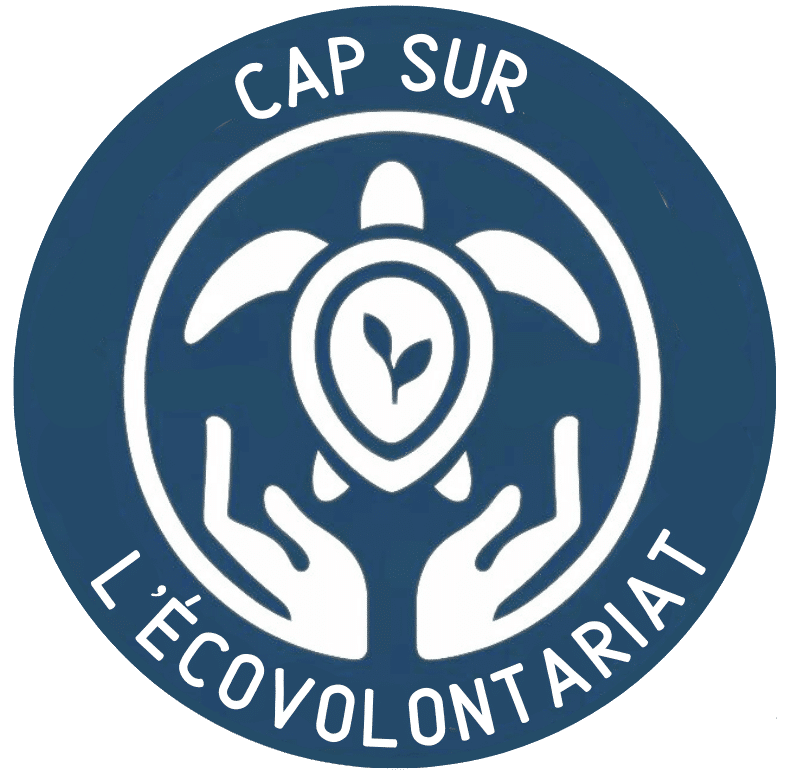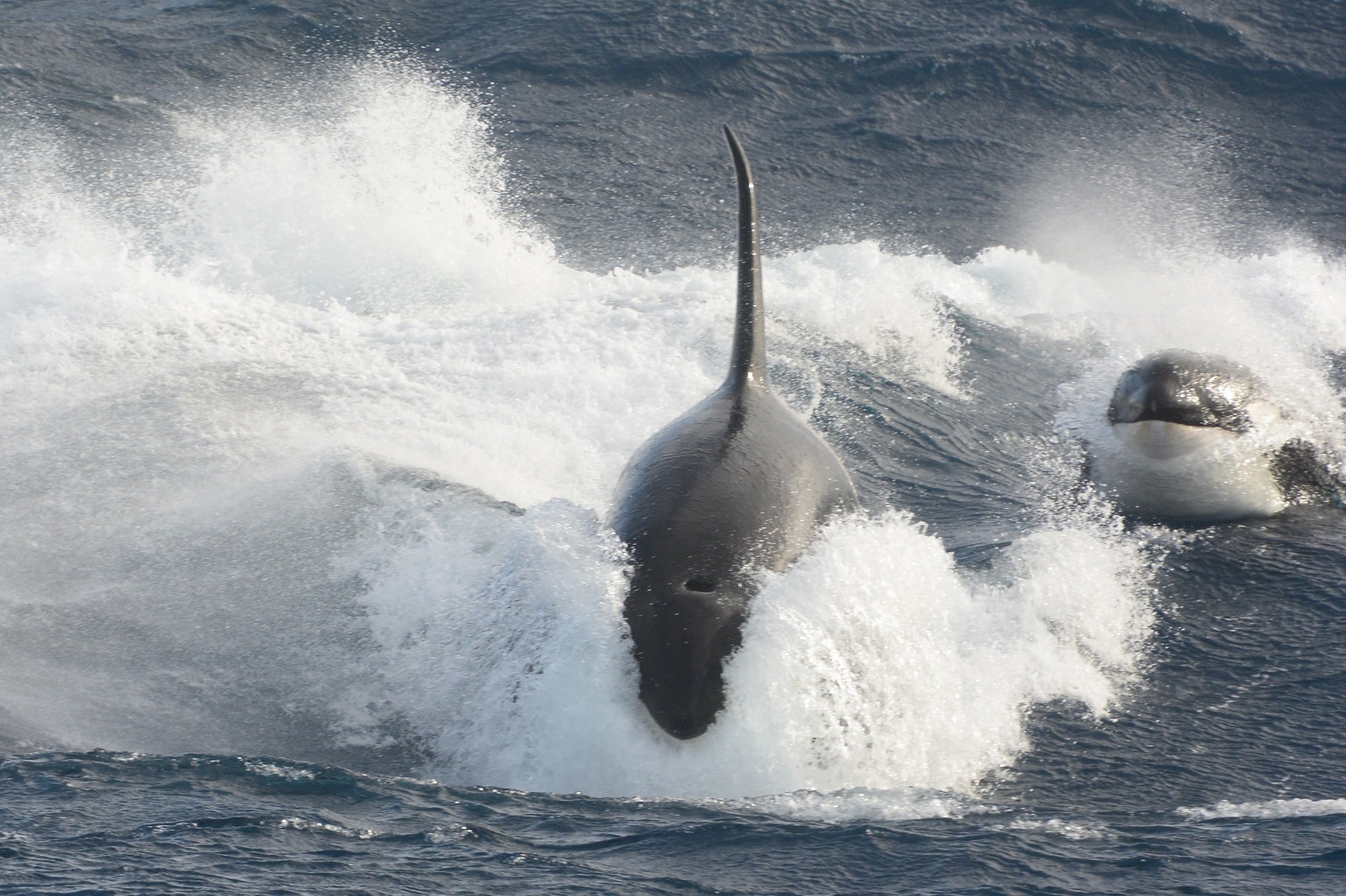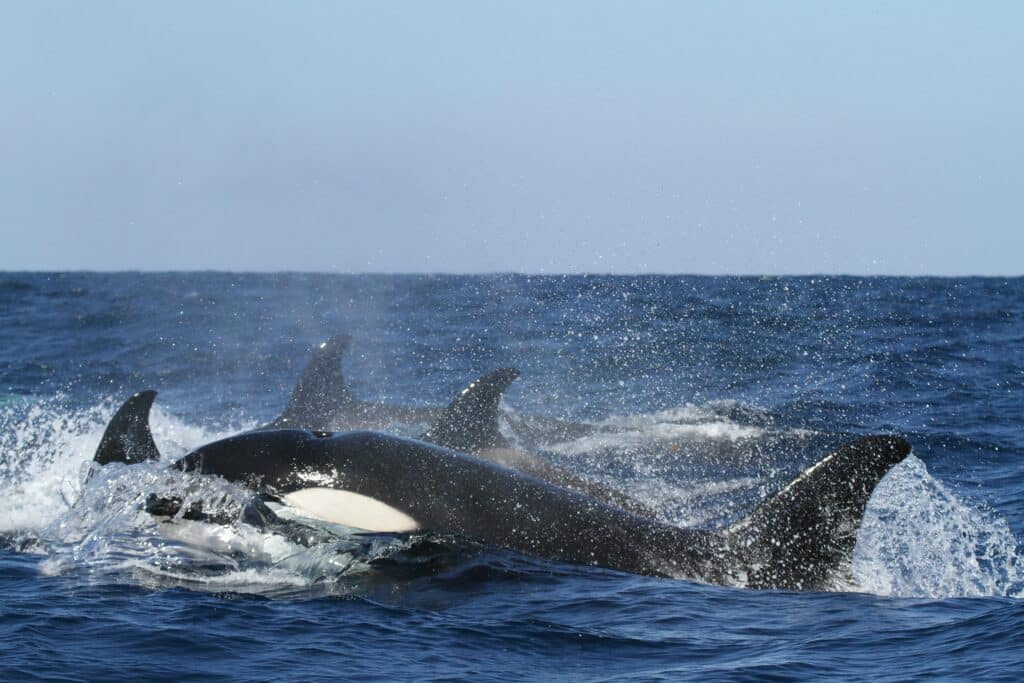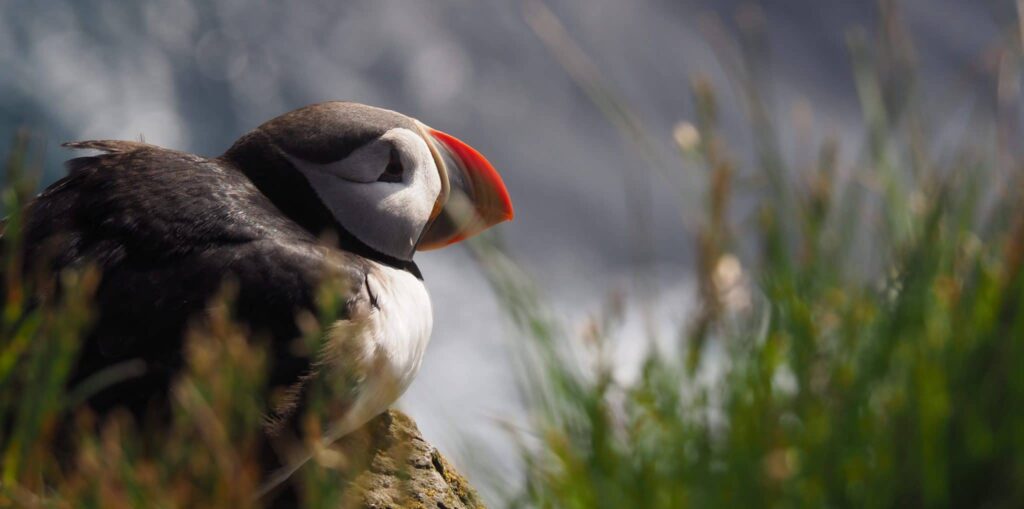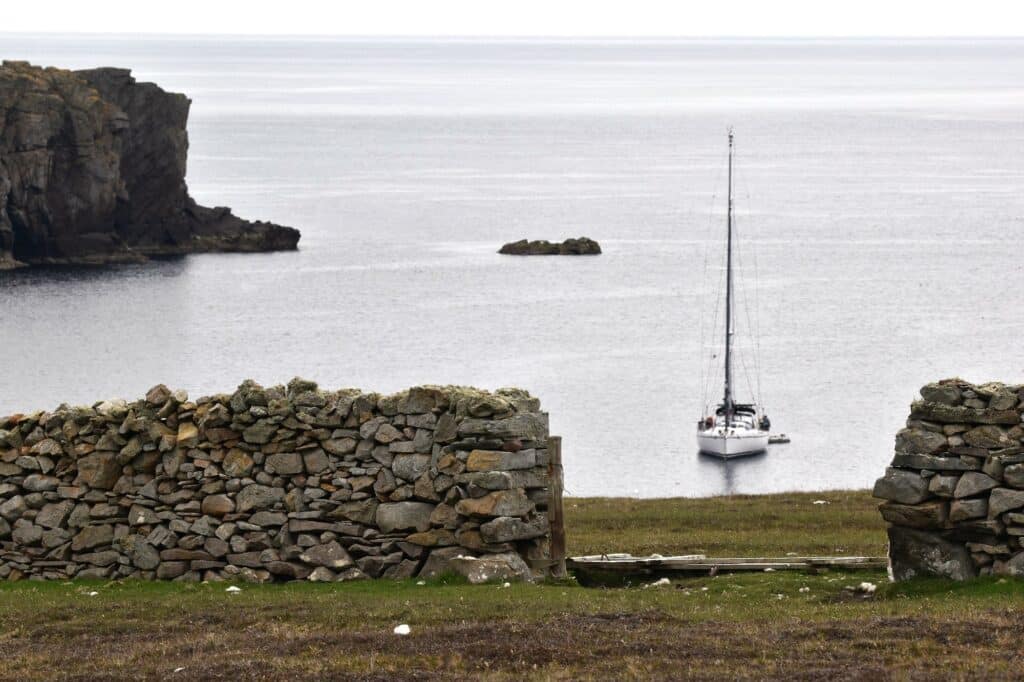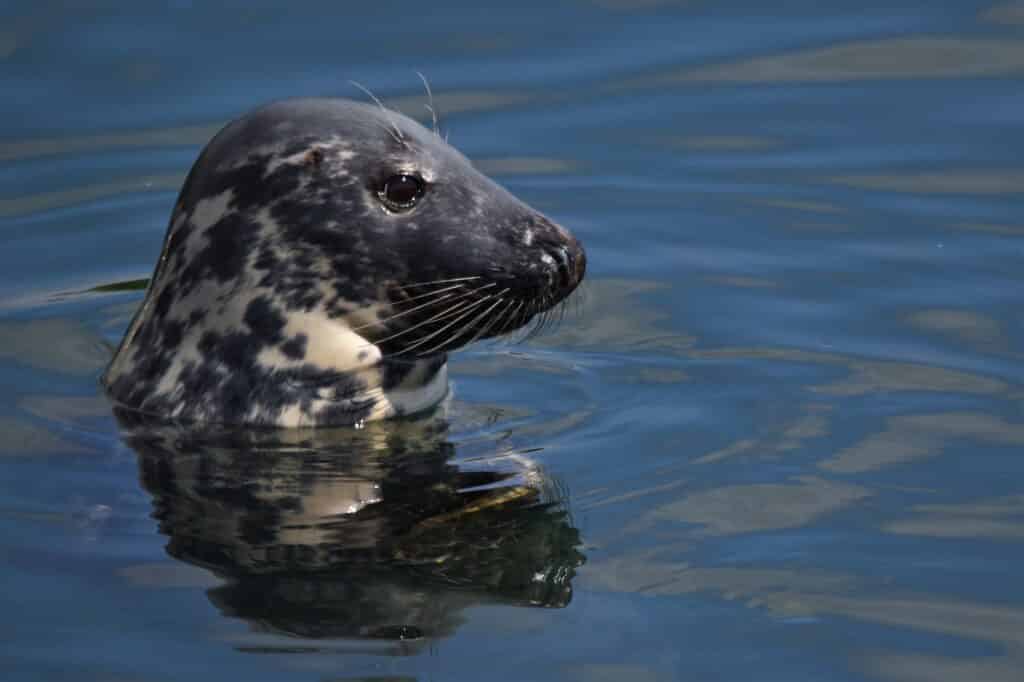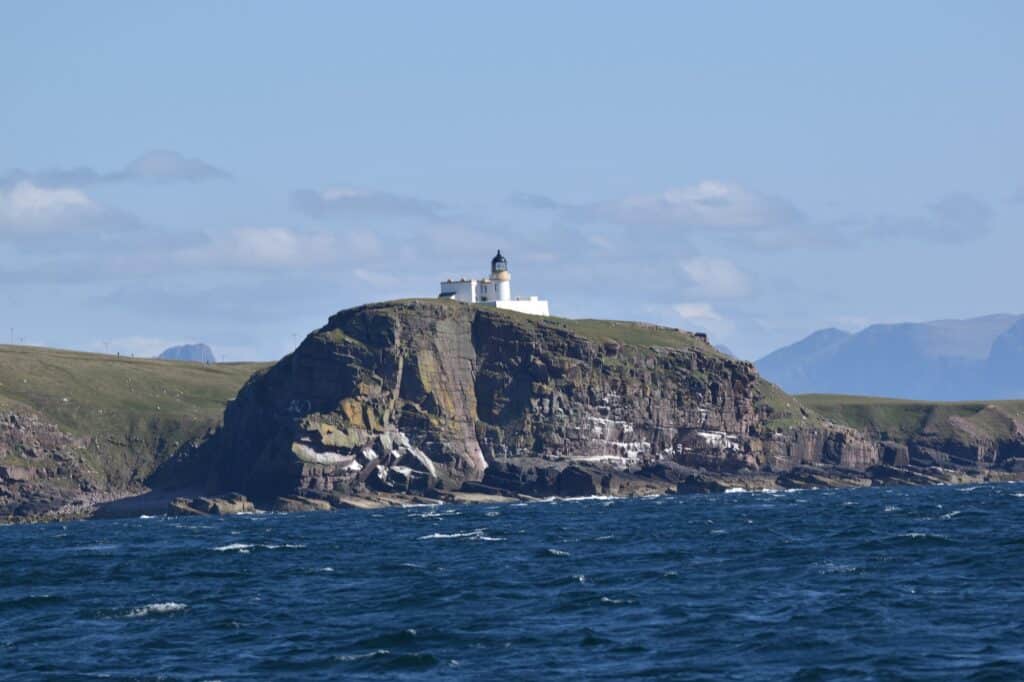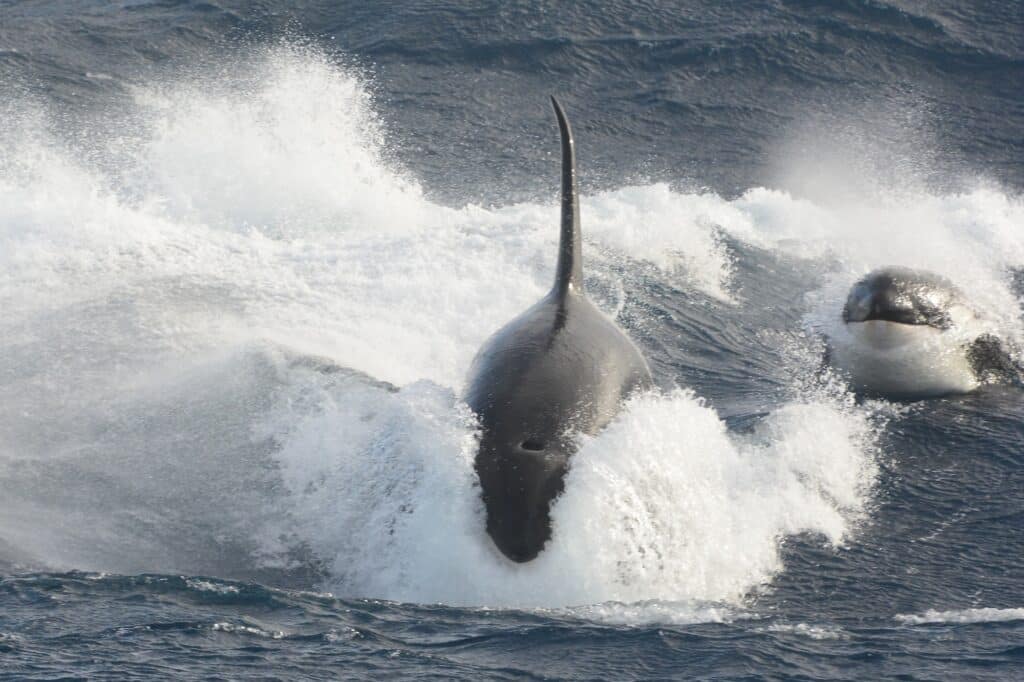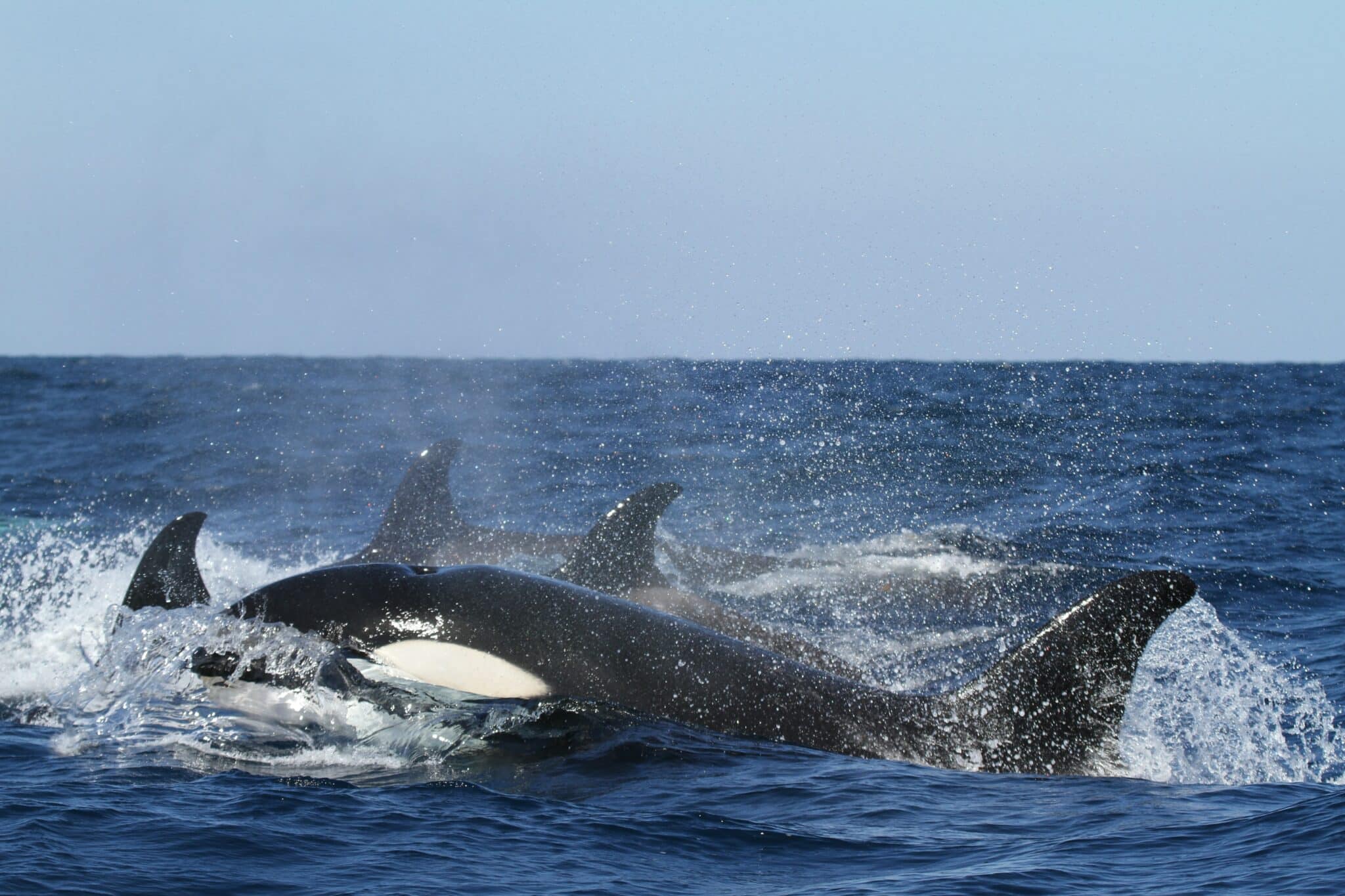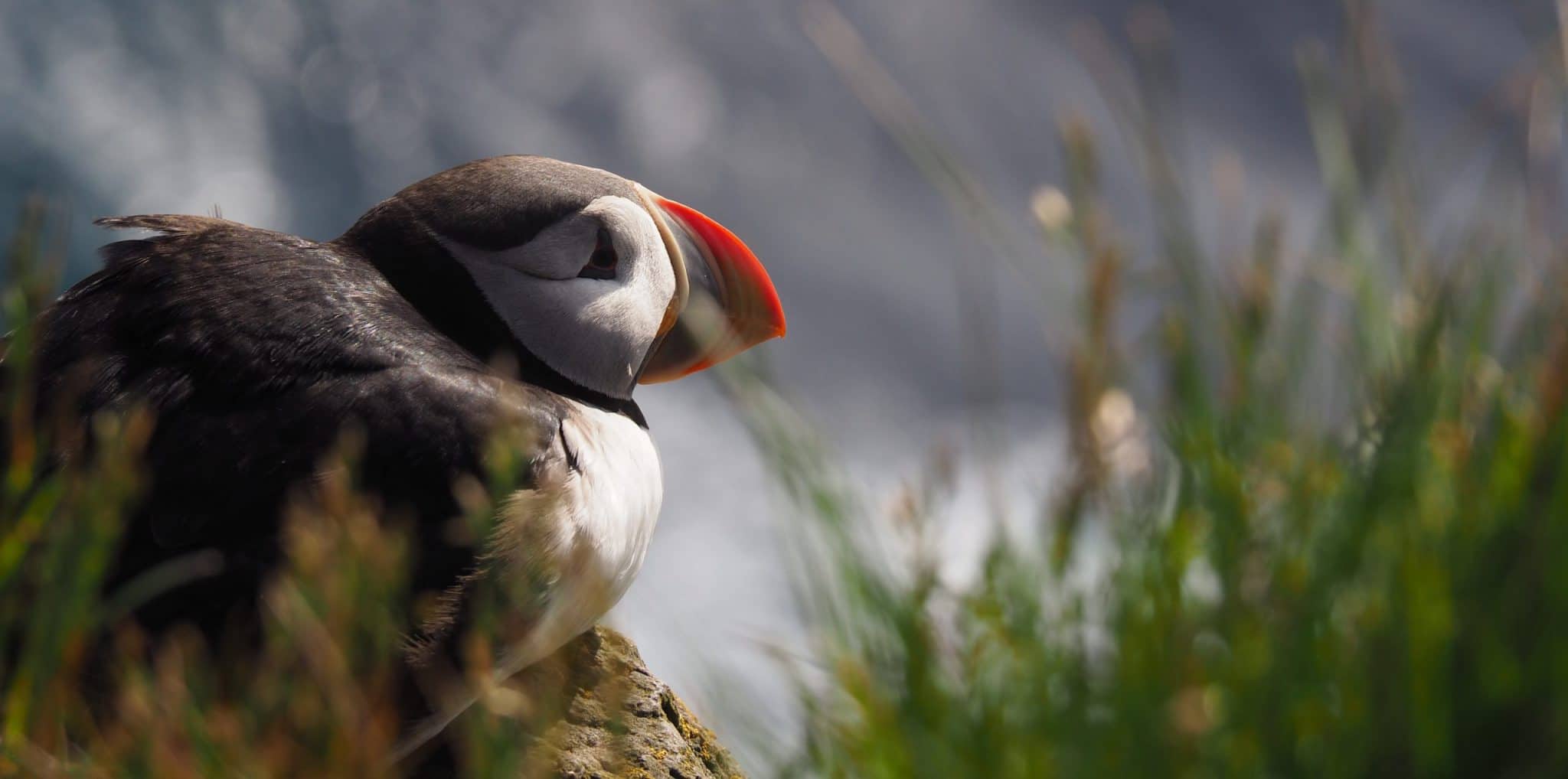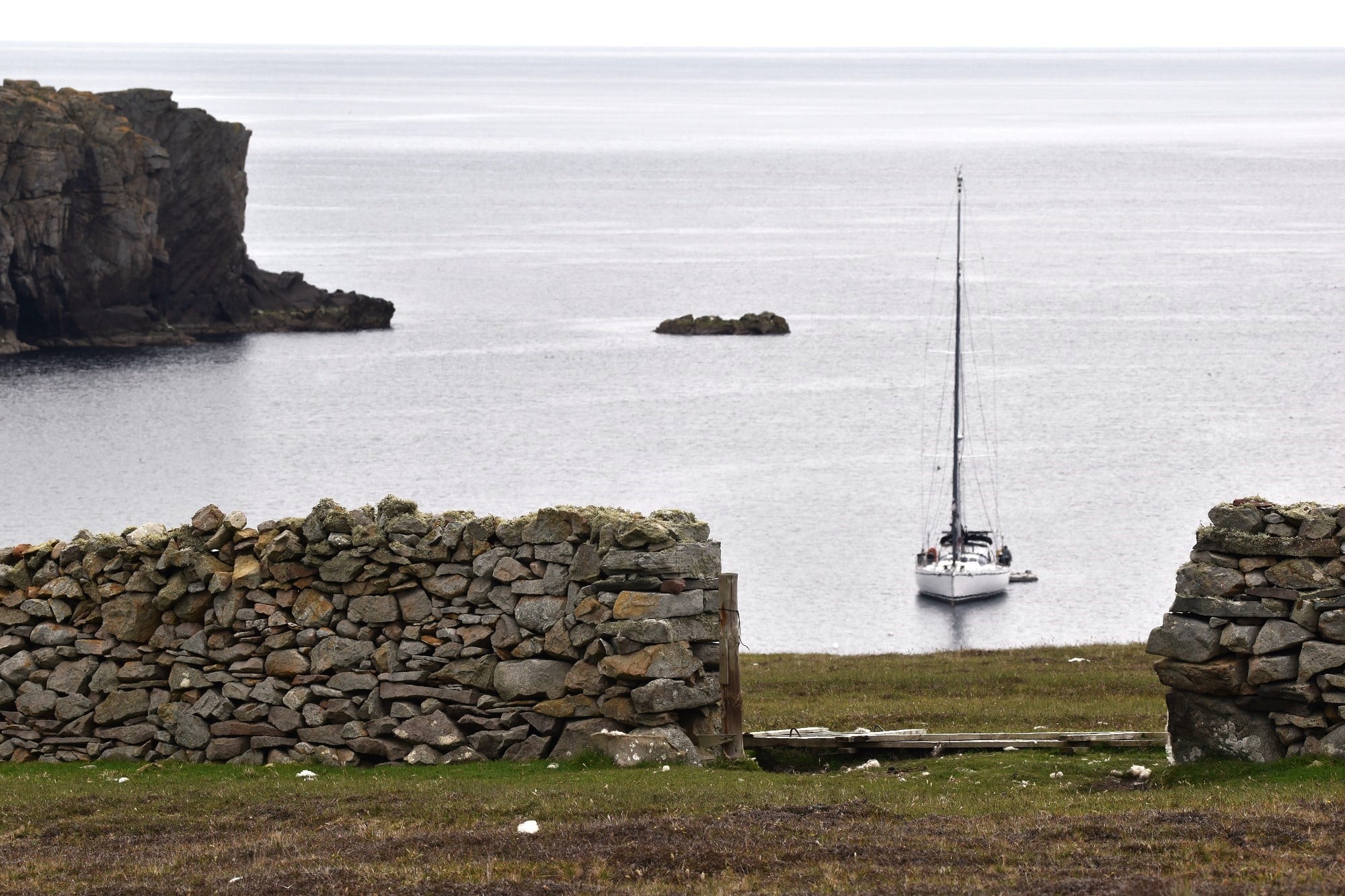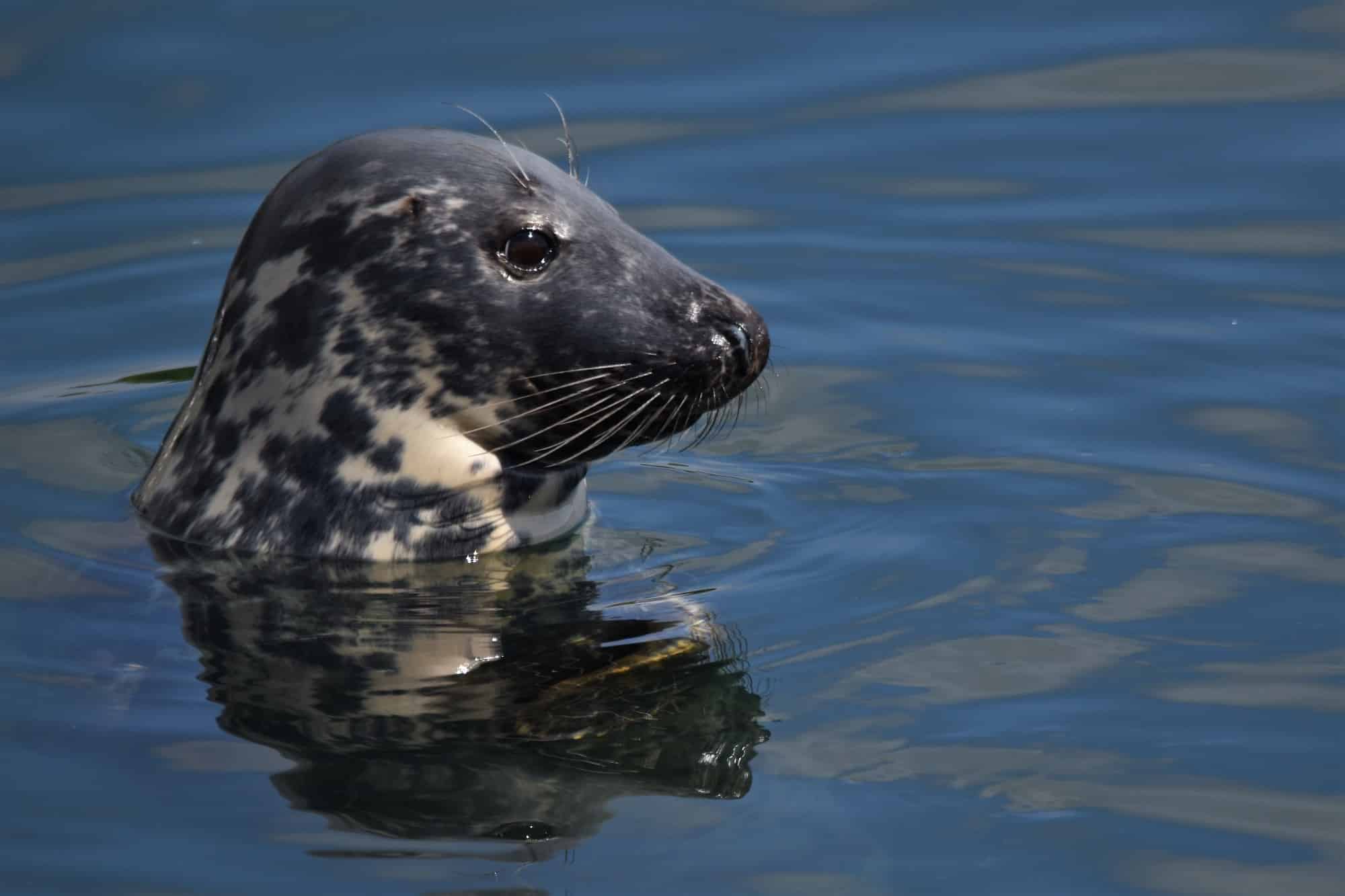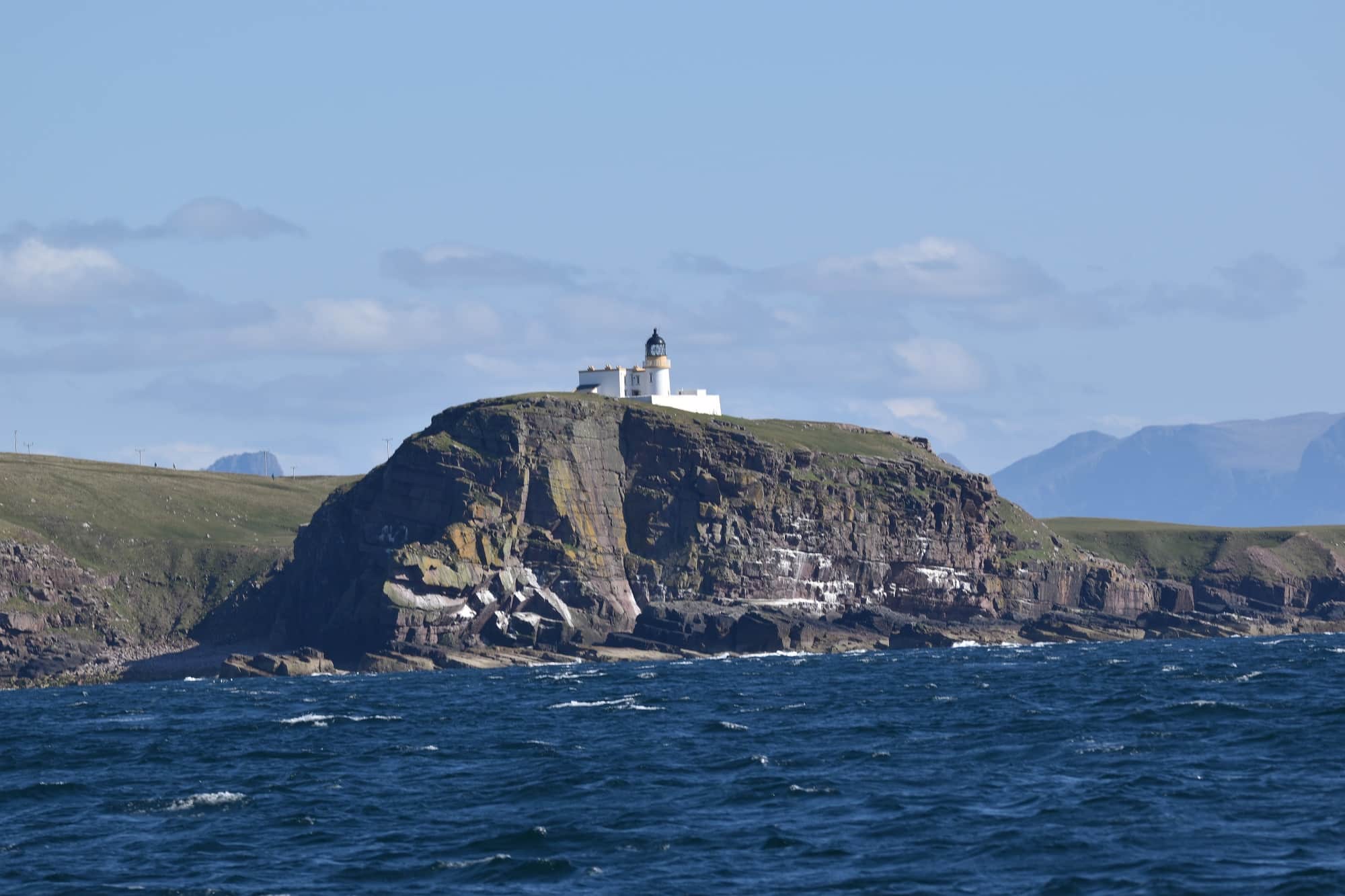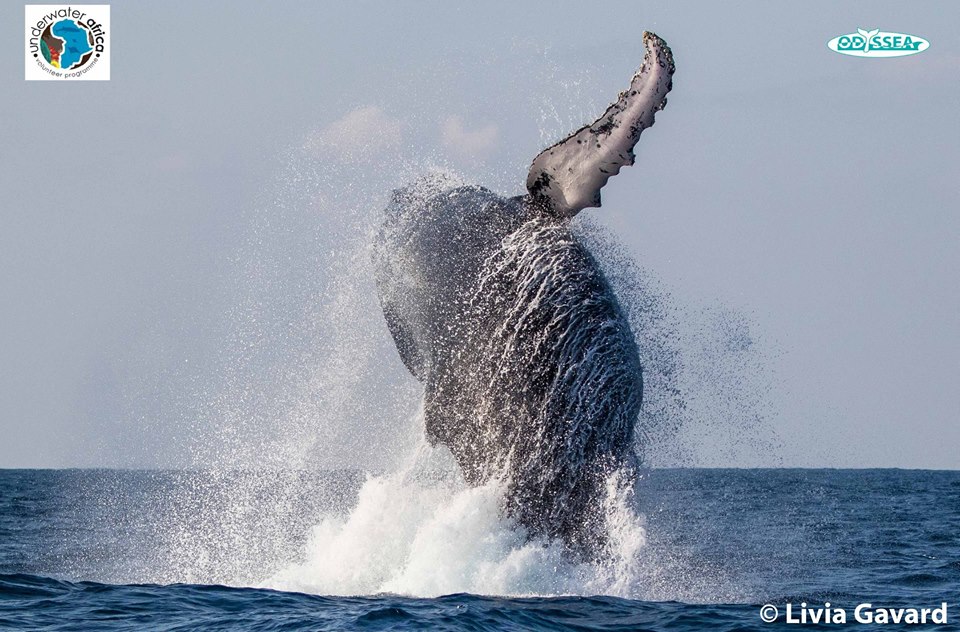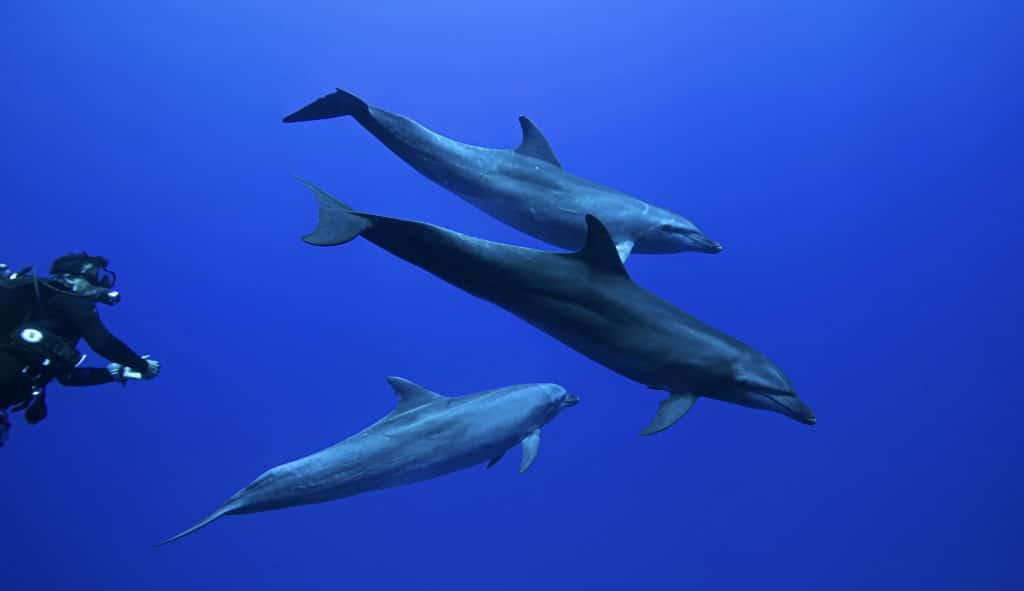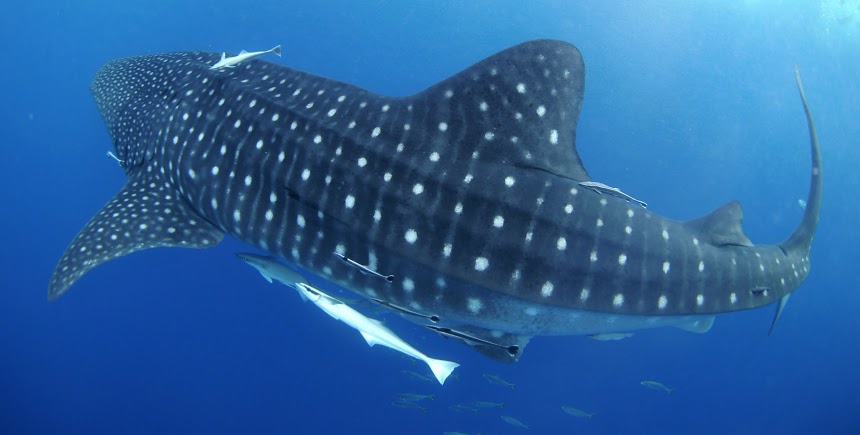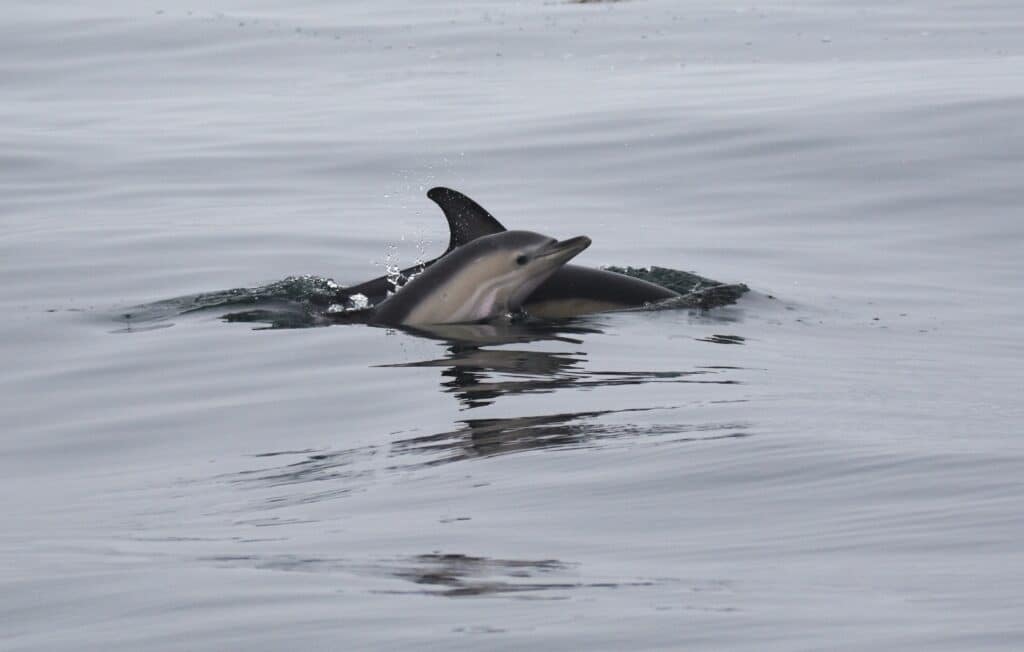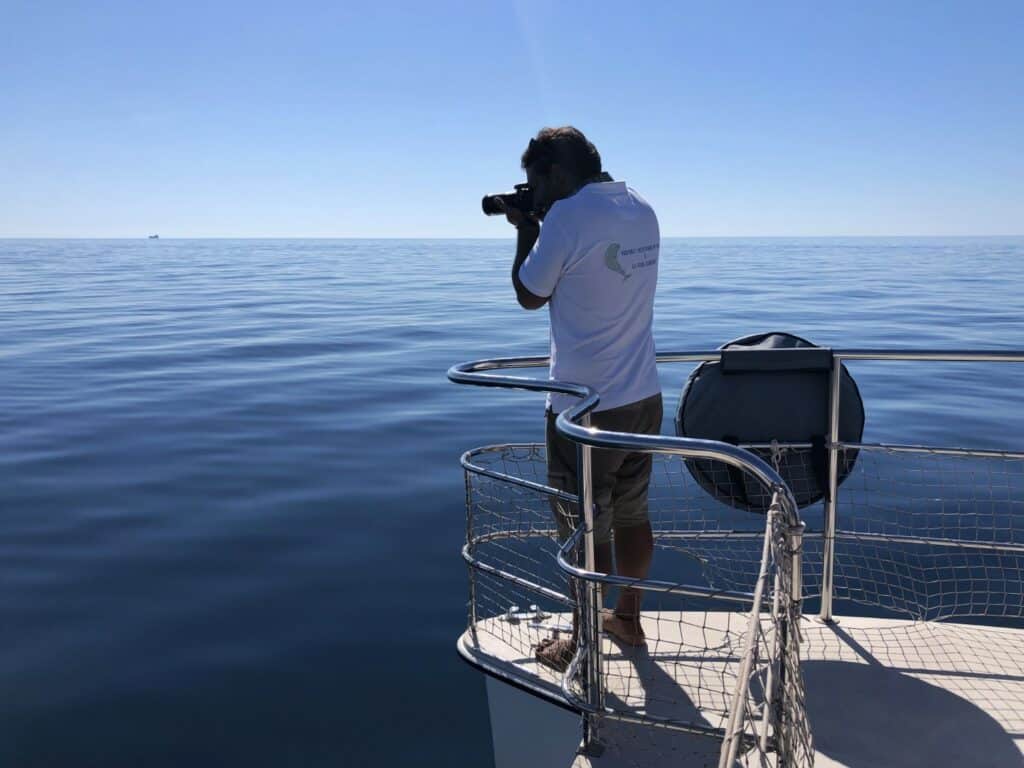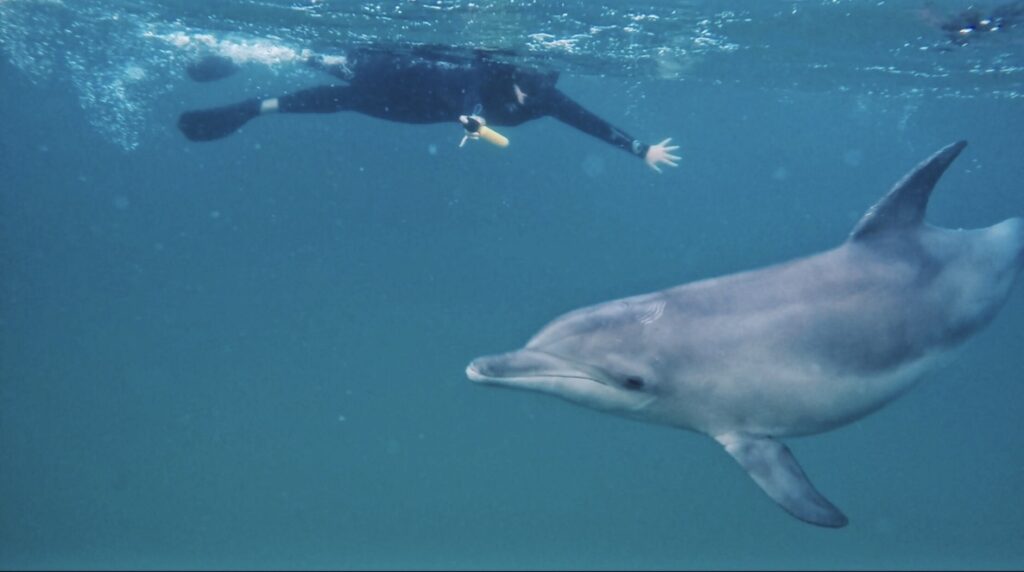Experience an exciting adventure aboard a sailing boat in the Highlands, to study and protect protected marine species, including orcas. Plankton surveys will also be carried out to analyze micro-plastics. All cetacean missions here
Protecting cetaceans in Scotland
The Hebrides archipelago and the Shetland Islands are on the summer migration route of many cetaceans. This area of northern Europe is home to 70% of all whale, dolphin and porpoise species. In late spring, you can also spot killer whales. Bird species are also numerous, with white-tailed eagles, puffins and gannets. Unfortunately, these species are suffering from over-fishing and pollution, to the point where many are critically endangered.
Plankton sampling for microplastic studies
The monitoring of cetacean populations in the waters of the North-East Atlantic aims to reinforce the studies carried out by the Hebridean Whale and Dolphin Trust (HWDT). The HWDT is an association that monitors the different species of whales and dolphins in Scottish waters, to better ensure their protection. The scientific project also involves contributing to the study of microplastic on a global scale, in partnership with OceanEyes.
Your action during this participatory science trip
During this participatory research trip, you'll embark on a 20-meter sailboat and sail through a particularly wild area. Your daily observations will contribute to the scientific monitoring of several cetacean species, according to a protocol established with the Hebridean Whale and Dolphin Trust (HWDT). You'll sail from islet to cove for several hours a day.
The orca, the most emblematic species
You'll see many species, including the common dolphin, harbour porpoise and Minke whale. You may also catch a glimpse of the white-billed rhinoceros. The most emblematic species you'll be able to observe during this participatory science trip is undoubtedly the killer whale. However, the orca is endangered. Its population is steadily declining, reducing the chances of spotting it.
Photo-identification practice
You will practice photo identification, a technique widely used to identify cetaceans. In concrete terms, you photograph a part of the marine mammal's body which, because of its uniqueness, acts as an identity card. A bit like our fingerprints. The photos are then entered into a database. This enables us to better characterize and track the movements of a population.
Participation in maneuvers
You'll also launch a Manta net to collect plankton for microplastic studies.
Depending on where you stop for the night, you'll go ashore for a walk. This will be an opportunity to observe bird colonies.
Finally, you'll take part in maneuvering the sailboat, and be introduced to meteorology and cartography.
What you will learn on this trip
- Identification of marine megafauna ;
- Photo identification
- Means of wildlife conservation.
- Implementation of scientific protocols
- Sailing and expedition life.
- From Saturday June 8 to Saturday June 15, 2024
- 3334 € 1134 € after tax deduction *
50 € reduction through Cap sur l'Écovolontariat
- Included in price
- Accommodation on the yacht
- Meals
- Supervision (scientific educator and skipper)
- Not included
- Airline tickets
- Travel insurance
- Personal expenses
Tax deductible *
The NGO partner Objectif Sciences international is recognized for the quality, usefulness, solidarity and educational nature of its stays and training courses dedicated to achieving the goals of sustainable development. The NGO operates on the donation-action principle. A person makes a donation and participates in an NGO action. Note that the person making the donation may be different from the person taking the action. As such, the cost of the training or scientific stay is tax-deductible up to 66% in France.
- In the Shetlands Archipelago
The port of departure and return is Ullapool (arrival at Inverness airport then 1h20 local bus). Departure/arrival by sailboat from Lerwick.
- The climate in the north of Scotland is harsh, with strong winds at times. The program is determined by weather conditions.
- Adults and teenagers over 16
- The team is made up of 8 participants, a scientific supervisor and 2 skippers.
- Accommodation
You'll spend a week on a 20-meter sailboat. At night, the yacht will anchor in a sheltered bay or enter a small port. The yacht's equipment offers good comfort (cabins sleeping 2 to 5, with shower and WC); large galley.
- You sail on a beautiful sailboat through wild landscapes.
- You take part in navigation.
- You can observe emblematic species such as the orca.
- Learn to observe and study marine life.
- Nature photography enthusiasts will not be outdone.

The NGO partner
Partner NGO Objectif Sciences international has Special Consultative Status with the UN (ECOSOC) and is a member of the AAAS Science and Human Rights Coalition. Specializing in scientific trips, science and participatory research, the NGO believes that education is the driving force behind the Sustainable Development Goals. It offers a range of participatory science trips for adults and minors. All OSI programs here
